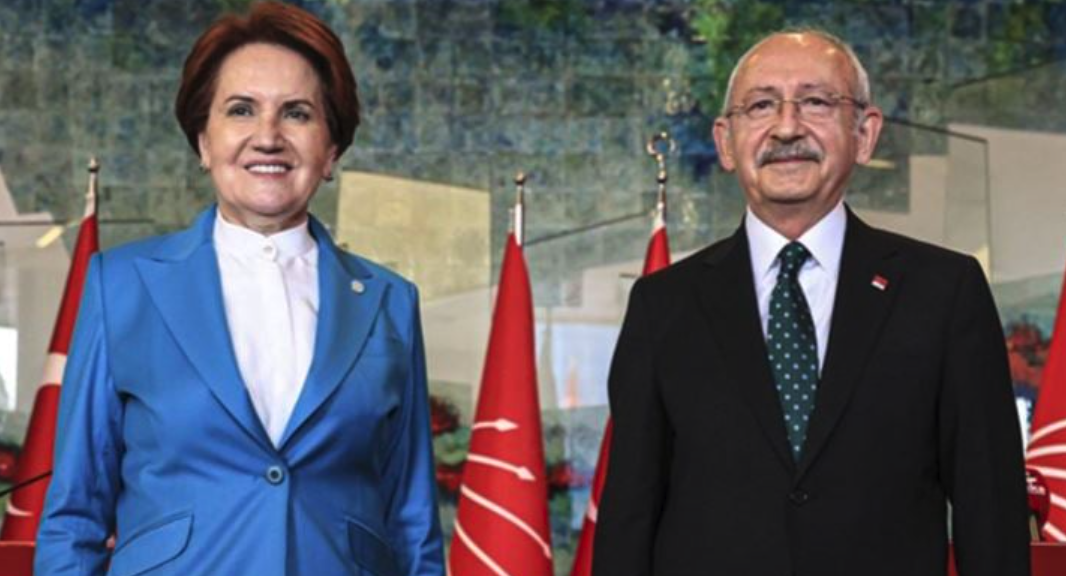After 20 years in power, Erdogan has been badly weakened by the quake. The opposition finally has a chance to beat him. But they should not assume it will be easy. By Asli Aydintasbas in The Washington Post on March 12, 2023.
The devastating Feb. 6 earthquake that hit Turkey could have united the country. Instead, the catastrophe — which has taken the lives of at least 46,000 people inside the country — is widening the political divide between President Recep Tayyip Erdogan and his opponents. With a general election just nine weeks away, Erdogan is confronting a wave of public anger over poor governance and misguided centralization.
On March 6, the opposition parties announced their decision to rally behind Kemal Kilicdaroglu, 74, the leader of the secularist Republican People’s Party. The opposition coalition, which includes former Erdogan lieutenants Ali Babacan and Ahmet Davutoglu, has drawn up a comprehensive agenda for reform, promising to restore democracy and rule of law.
In conversations with Kilicdaroglu over the years, I have found him to be a thoughtful leader and a true democrat. He’s not particularly charismatic but is widely regarded as incorruptible — something that counts for a lot in a country where corruption is such a persistent problem. The Kilicdaroglu-led coalition is currently leading in the polls.
The earthquake last month has certainly bettered the odds for Erdogan’s opponents. Turks can see how the president’s policies have exacerbated the effects of the disaster. The president’s authoritarian bargain with Turkish society — based on the promise of affluence, good governance, and global prestige — lies in ruins. But what to replace it with?
The challenge for the opposition will be convincing Turkish citizens that they can provide good governance while dismantling the country’s one-man regime. It won’t be easy. In 2017, Erdogan consolidated power in a constitutional referendum, promising a more efficient government. Now, it turns out that his hypercentralized approach created more dysfunction than anyone had imagined. State institutions are stacked with incompetent loyalists who won’t take decisions without a word from the man at the top. Construction-driven growth has created a rotten system of patronage. Institutions are hollowed out, including AFAD, the disaster relief agency. The Turkish Red Crescent once enjoyed a reputation as a reliable helper in times of crisis. Now, it is mired in scandal and mismanagement.
But defeating the president won’t be easy. Erdogan still holds many of the most important levers of power. Key opposition figures such as Kurdish leader Selahattin Demirtas or Istanbul Mayor Ekrem Imamoglu are either languishing in prison or have legal cases hanging over their heads. The government is rolling out subsidies and handouts aimed at consolidating Erdogan’s base. It controls the airwaves and the justice system.
Turkish citizens care about their place in the world as well. “How do we look from the outside?” one man asked me. “Do we look like Pakistan?” Turks had grown accustomed to seeing themselves as a rising power. Even before this latest catastrophe, Erdogan’s economic mismanagement had undermined state finances and sent the currency into a downward spiral; now, the shock of the quake is adding to the burdens.
One senior opposition figure told me that the coalition’s leaders are worried about the possibility the government might sow instability to persuade voters to stay with the status quo. He was alluding to the previous general election in 2015, which was preceded by a stint of mysterious terrorist attacks and intrigues that ended up convincing voters to swing back to Erdogan for the sake of stability.
The May 14 general election is offering Turkey a chance for real change.
The people I’ve spoken with in recent days were angry and worried — about their kids, about the future, about a potential earthquake that many scientists say is likely to hit Istanbul. They viewed the elections with hope but also trepidation.
The earthquake has vividly shown that Erdogan and his presidential system have corroded Turkey from the inside. The opposition deserves to win — but even if it does, it’s far from the end of the story. Solving Turkey’s endemic problems will be hard even if Erdogan leaves the scene.
Tapping into public anger and the promise of democracy might not be enough. With elections looming, the opposition needs to convince the citizens that it can provide a safer and better Turkey after Erdogan’s one-man regime.
By Asli Aydintasbas in The Washington Post on March 12, 2023.

